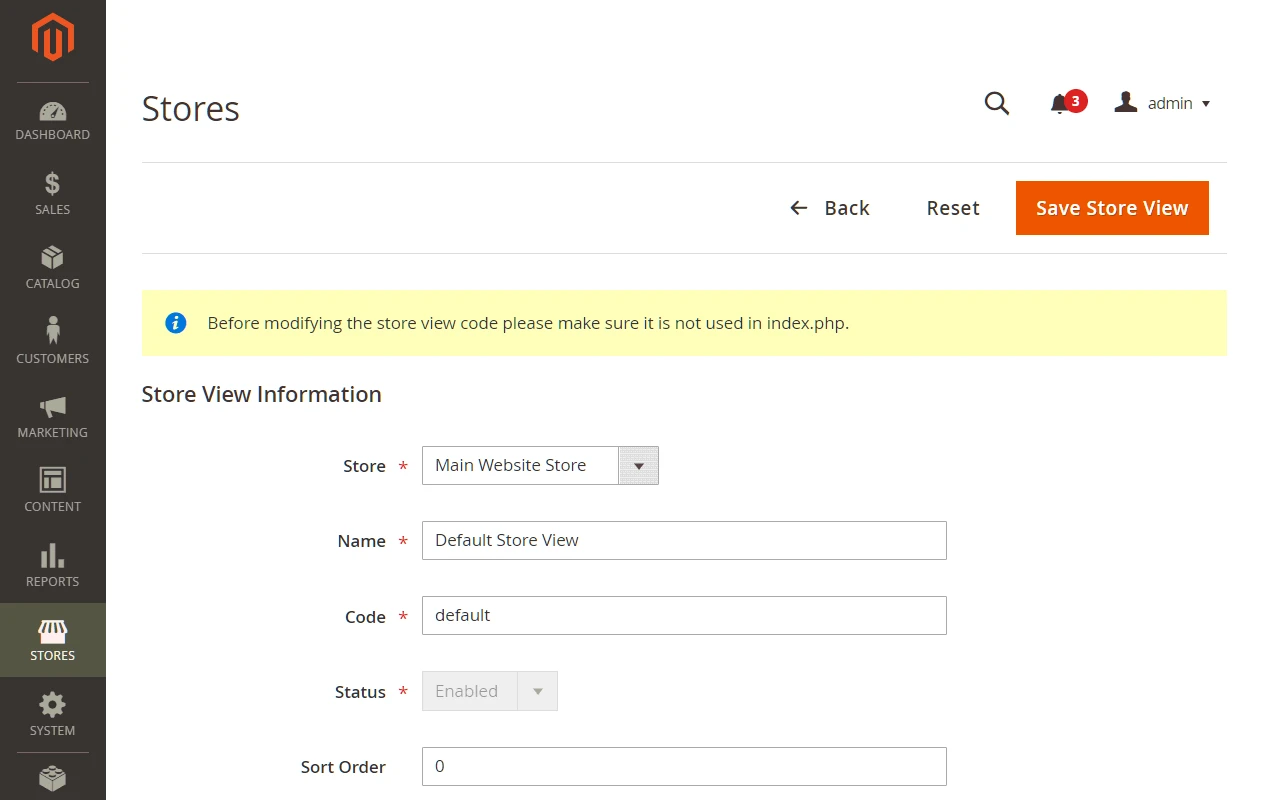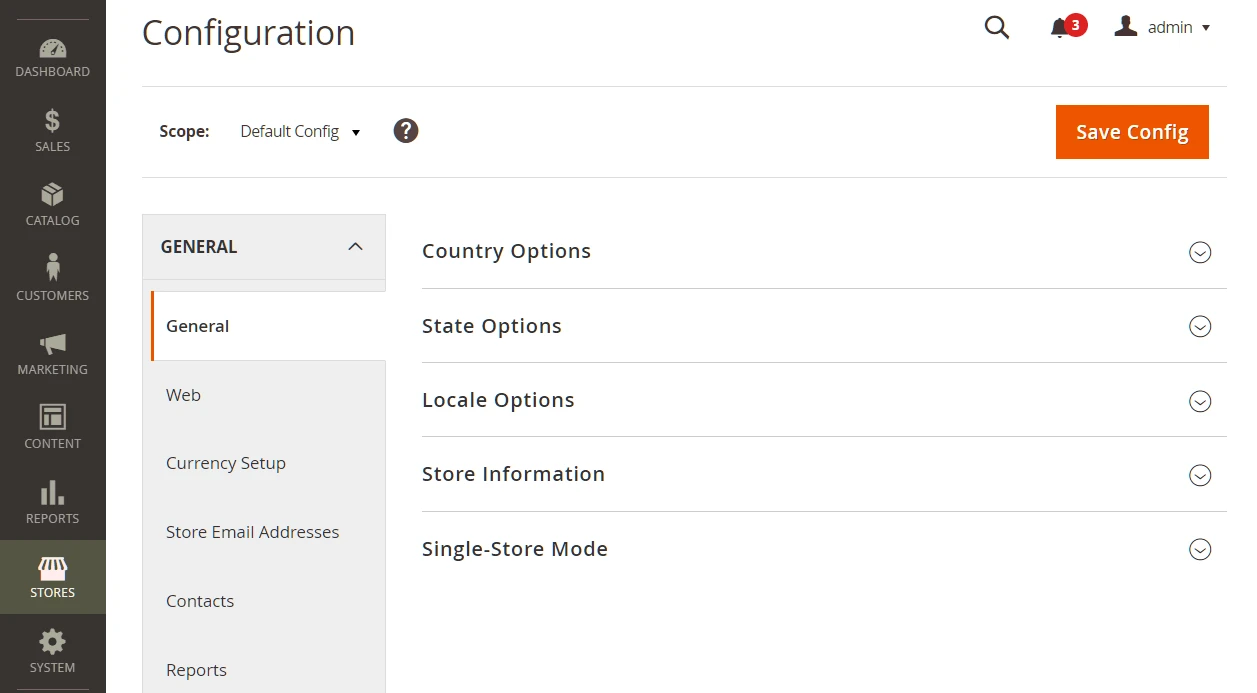What Is Magento Ecommerce And What Is The Platform Used For?
When you are about to start selling products online, you need a decent and safe platform for your website. In this article, we will make an in-depth review of one of the most popular e-commerce platforms in the world – Magento.
In the array of e-commerce platforms available, Magento holds more than 9% of the market share, driving the digital success of countless enterprises worldwide. Over 200 thousand websites use Magento in 2024, including Land Rover, Coca-Cola, Nike, Burger King, Asus, and Omega.
But what exactly is Magento e-commerce, and why is it so popular among online retailers?
What is Magento?
Magento is an open-source platform built with PHP programming language. It provides sellers with an all-in-one solution for designing and operating their online shops. It was created by Varien Inc. in the United States. Magento has grown into one of the most acclaimed platforms globally, powering millions of enterprises in distinct industries.
In 2018 Magento was acquired by Adobe for $1.68 billion. It led to the creation of Adobe Commerce - an adjustable and scalable platform that lets you develop and launch unique digital storefronts that streamline the B2B and B2C trade experiences.
Which Magento Edition to Choose?

In 2024 there are two main Magento versions available:
- Magento Open Source (previously Magento Community Edition) is a great option for startups and small-sized companies. Why? Because it's completely free! You can receive a source code to develop your website and adjust it to unique business requirements. Moreover, there are numerous extensions you can install to facilitate your internal operations and provide a smooth user experience.
- Adobe Commerce (previously Magento Enterprise Edition (EE) or Magento Commerce) covers the needs of large companies. It offers premium support, native AI, easy scalability, and integrated Adobe Experience Cloud solutions. However, the license price starts at $22,000 and does not include web hosting, domain registration, and transaction fees.
What is Magento used for?
Magento matches the needs of diverse businesses, from small startups to multinational corporations, across diverse industries including retail, fashion, electronics, healthcare, and more. Whether you're selling physical products, digital downloads, or services, Magento provides the adaptability and functionality to support your e-commerce needs.
Key Features of Magento for E-commerce
One of the fundamental causes for Magento's popularity is its rich functionality and adjustability.
- Customization: The platform allows you to individualize websites according to the company’s specific needs and design ideas. Magento offers numerous themes, extensions, and customization options. Hence, sellers can design visually appealing digital storefronts with rich functionality.
- Scalability: Magento is easy to expand as your business grows. Its flexible infrastructure empowers your website to handle intensive traffic and sales volumes without lowering the performance.
- Multi-Channel Selling: Sellers can distribute their products across multiple channels, including websites, mobile apps, social media platforms, and online marketplaces. This omnichannel approach allows you to reach customers wherever they are, driving sales and expanding their reach.
- Developed Marketing Tools: Magento provides a variety of advanced marketing functionalities that help companies attract, engage, and stimulate clients to make repetitive purchases. From targeted promotions and discounts to individualized shopping experiences, this platform allows sellers to implement effective marketing strategies that increase conversion and loyalty.
- Detailed Analytics and Reporting: Companies need to understand their clients and their purchasing patterns to grow their business and maximize revenue. Magento offers analytics and reporting tools that offer valuable data on sales performance, customer trends, and marketing effectiveness. It allows sellers to make informed decisions that stimulate business growth.
Frequently Asked Questions about Magento
Magento meaning in simple words
It is a dynamic e-commerce platform that helps to simplify and effectively manage sales for B2B and B2C transactions. It allows companies to develop, manage, and grow their online stores with ease. With its powerful set of features, and versatility, Magento has cemented its position as an easy solution for companies of diverse sizes, industries, and budgets. Whether you're a newcomer to digital trade or an established wholesaler, Magento provides the resources and opportunities for you to succeed in the digital marketplace.
What is Magento development?
It is the process of designing and customizing e-commerce websites on the Magento platform. It involves creating, building, and maintaining digital storefronts customized to the distinct needs and preferences of businesses and their clients. Magento developers work on tasks such as website design, customization, functionality development, backend setup, optimization, security implementation, and ongoing maintenance. Overall, Magento development aims to drive a streamlined buying experience for website visitors while helping sellers smooth operations and grow their online presence.
Why use Magento for e-commerce?

Companies choose Magento for their e-commerce operations for several reasons:
Customization: Magento offers numerous opportunities to individualize your digital storefront according to your requirements and business goals.
Scalability: From small companies to large enterprises, Magento seamlessly handles growth without lowering the website’s performance.
Features: Magento offers a distinct array of functions for catalog optimization, order processing, inventory management, and more.
Omnichannel Support: Integrates with multiple channels, ensuring a consistent user experience across different platforms.
Community and Support: A thriving community provides resources, extensions, and ongoing support.
Performance and Reliability: Designed for speed and security, Magento provides a smooth user experience even under heavy loads.
SEO-Friendly: Optimized for search engines, Magento helps brands improve online visibility and attract organic traffic.
In summary, Magento is a flexible and sturdy platform, that empowers enterprises to succeed in the competitive landscape of online trade.
What is the difference between Magento 1 and Magento 2?
These two editions differ significantly in architecture, performance, functionality, and support:
Architecture: Magento 2 uses modern technologies like PHP 8 and Symfony components, while Magento 1 uses older technology.
Performance: Magento 2 offers faster loading times and easier scalability with enhanced functionality like full-page caching and asynchronous operations.
Usability: Magento 2 has a more user-friendly admin interface compared to Magento 1, making it easier for sellers to manage their stores.
Checkout Process: Magento 2 streamlines the checkout with fewer steps and support for guest checkout and different payment gateways.
Extensions and Themes: Magento 2 introduces a new framework for extensions and themes, although compatibility with Magento 1 may vary.
Security: Magento 2 includes enhanced security features and regular updates, while Magento 1 reached its end-of-life in June 2020.
In summary, Magento 2 offers a more modern, efficient, and secure platform with ongoing support from Adobe, making it a preferred choice for many businesses despite the effort involved in migrating from Magento 1.
